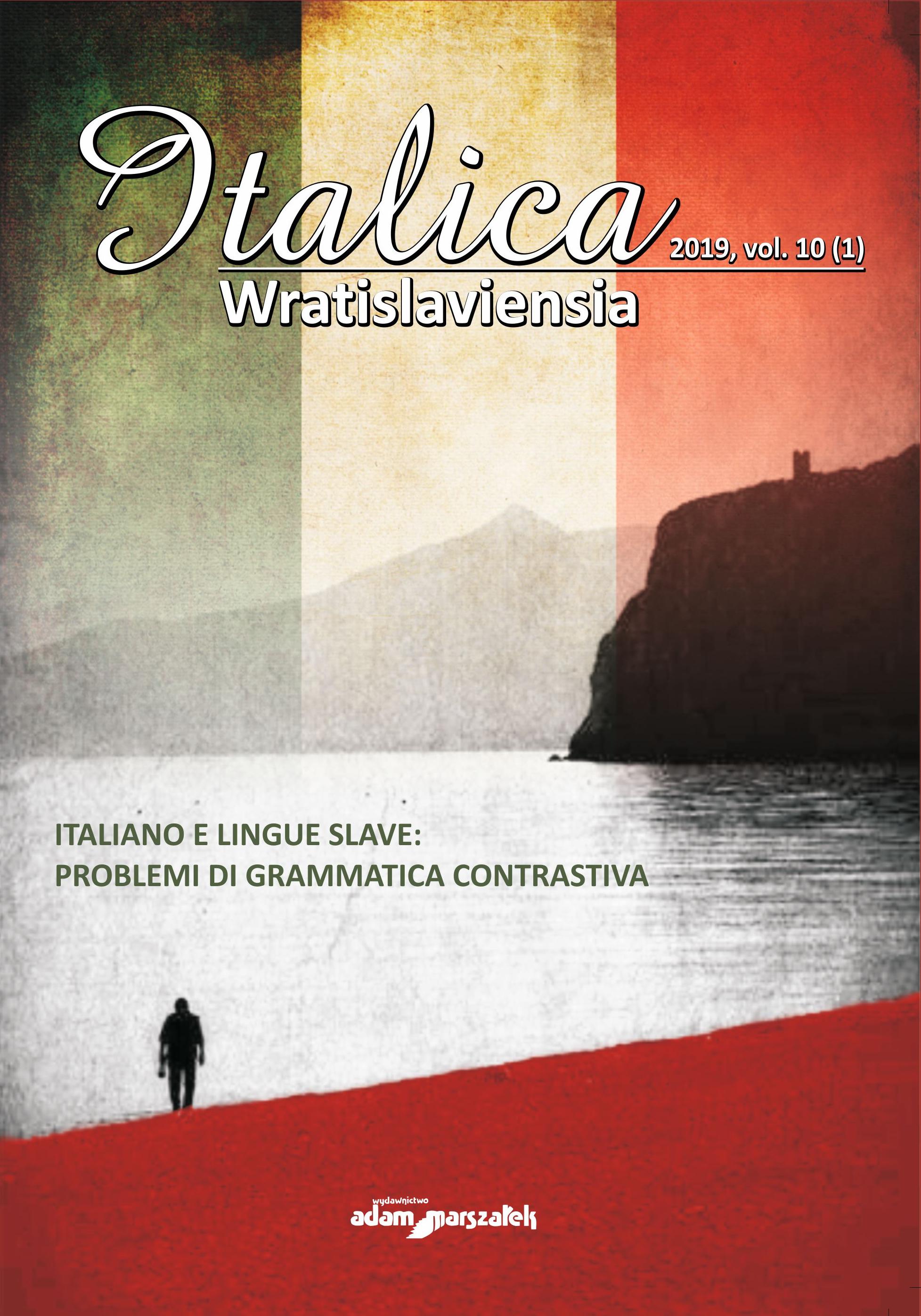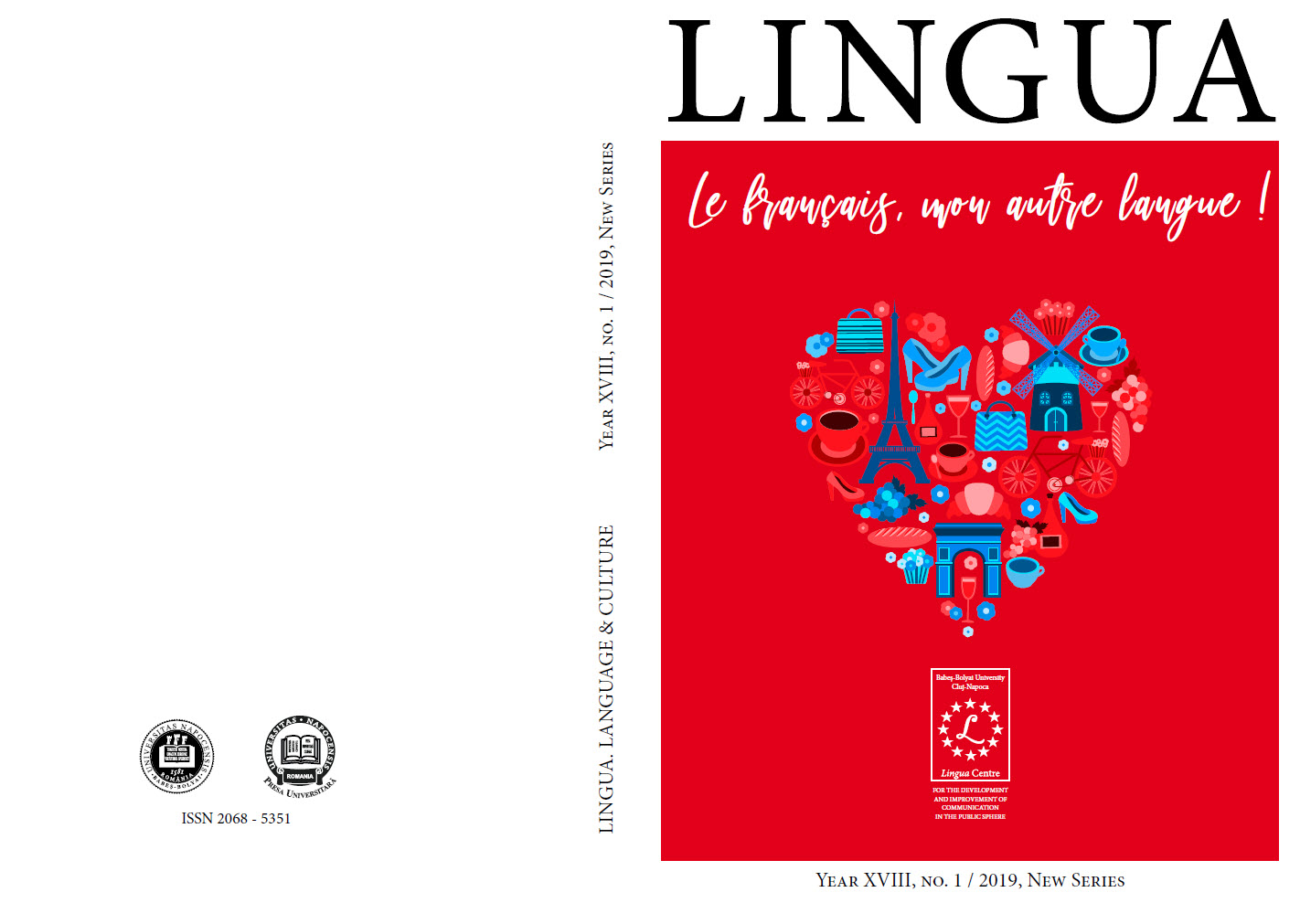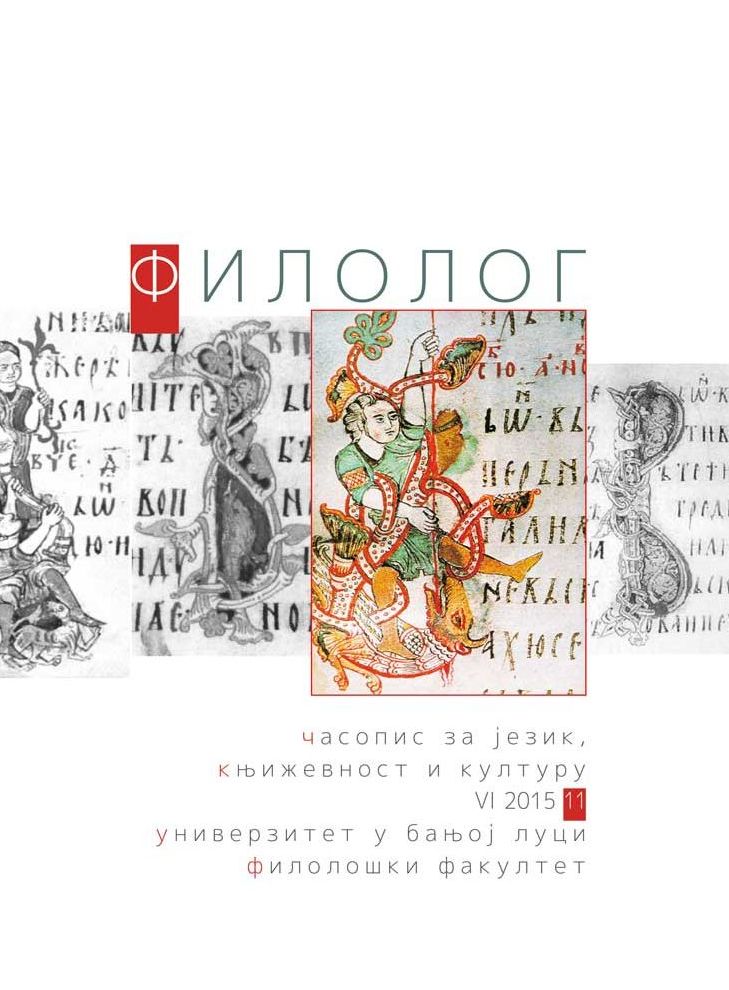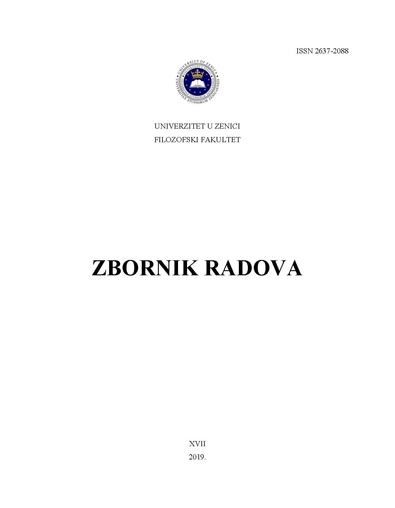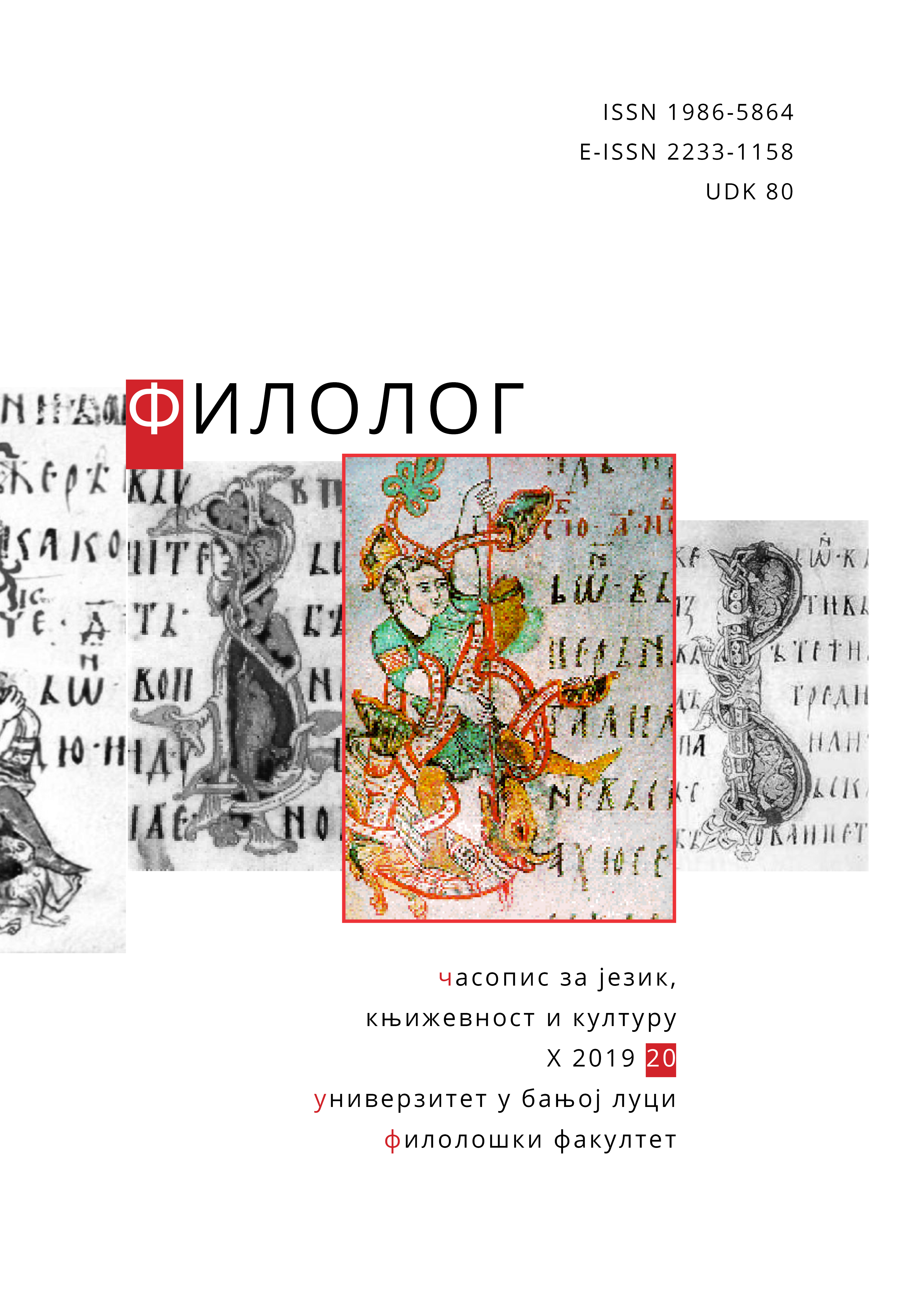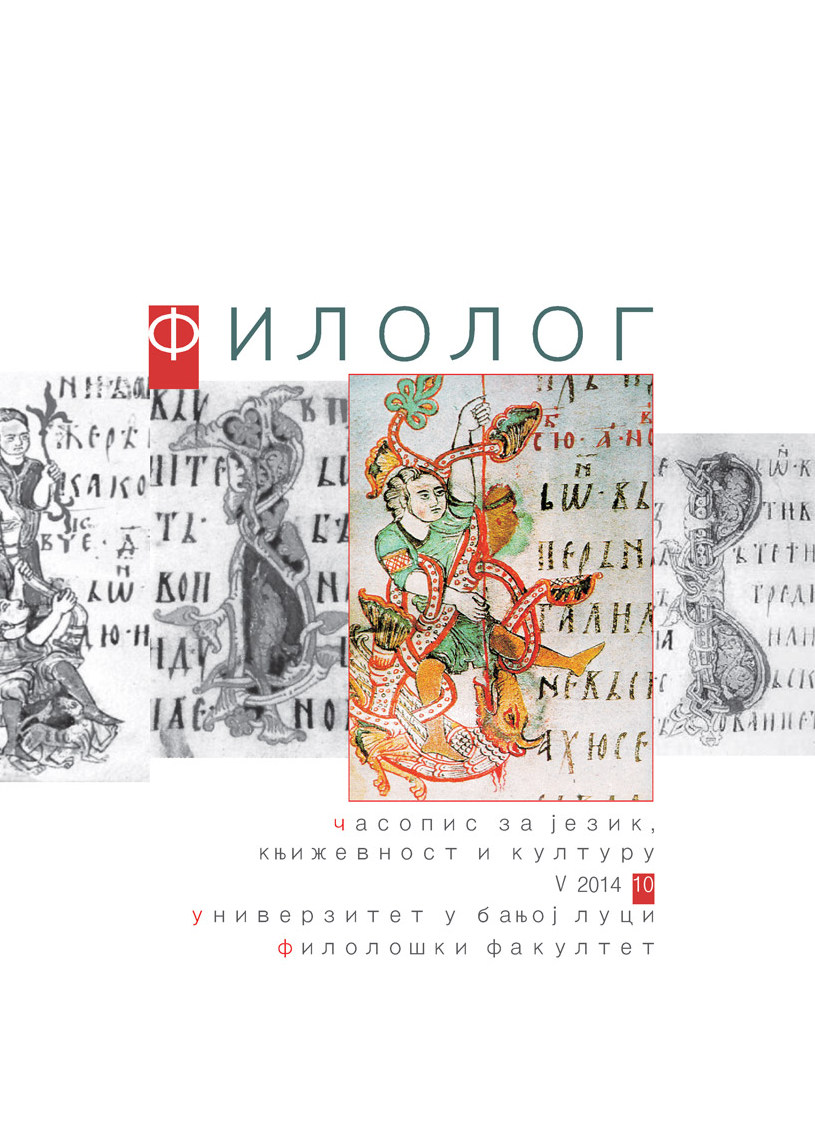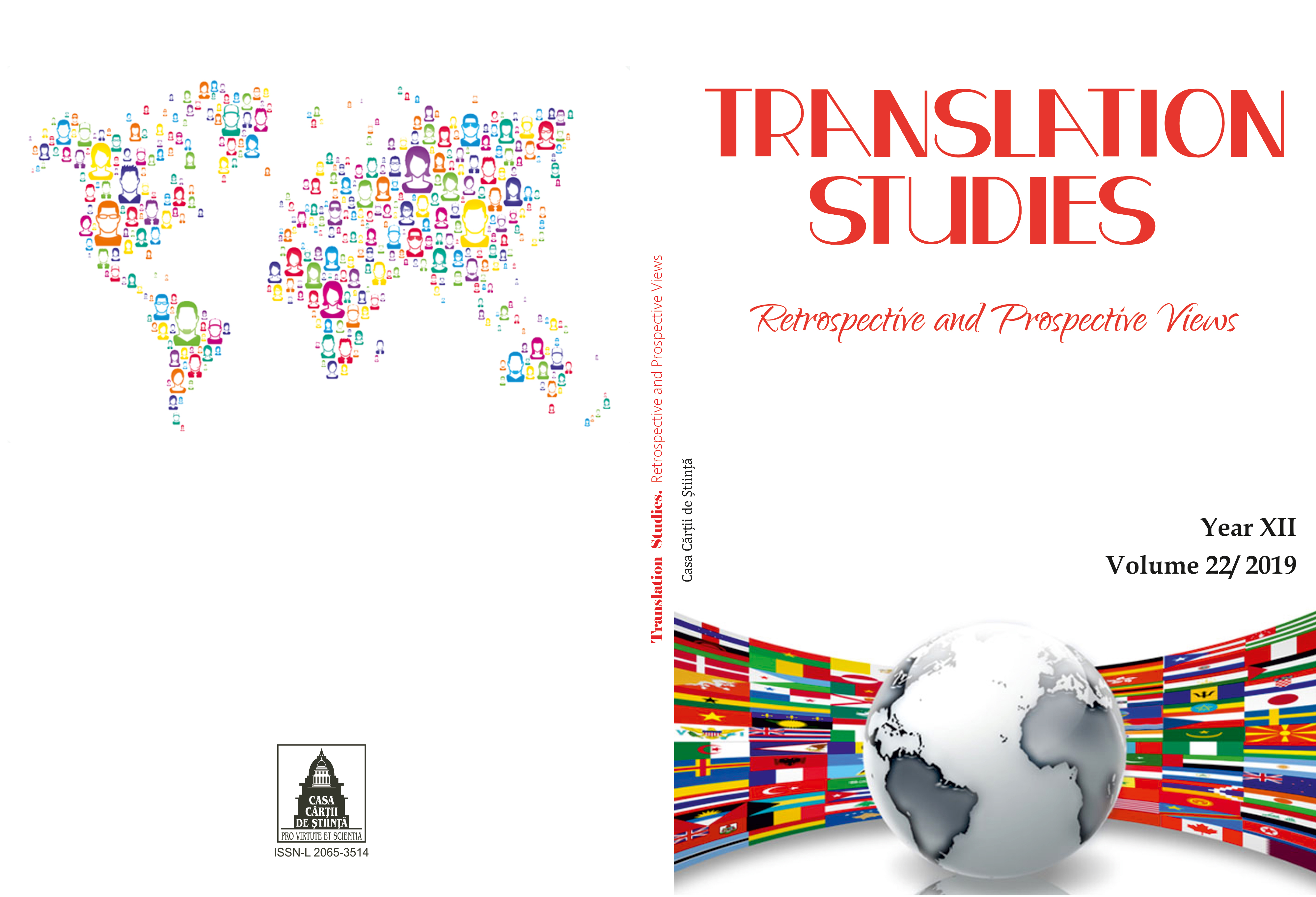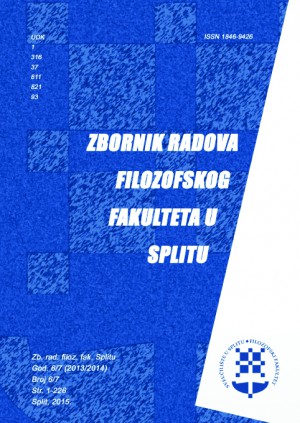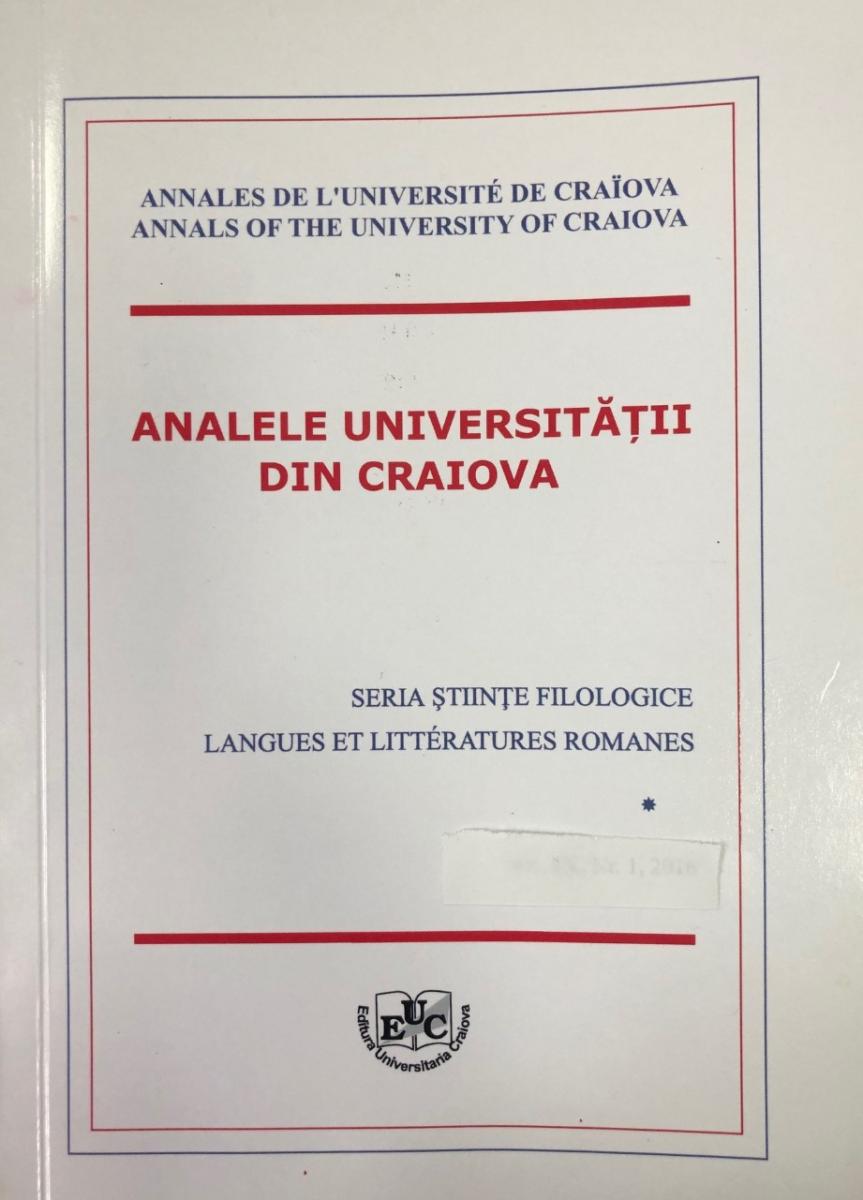WHAT SKILLS DO FOREIGN LANGUAGES TEACHERS NEED IN THE 21ST CENTURY? AN INTERCULTURAL CONFIGURATION
Reforming the educational institution for accommodating intercultural values, which are permanently in its current programmes and methods, cannot be achieved only through the full and unconditional commitment of the teaching staff as agents of social change. Through their work, teachers fulfill two fundamental responsibilities: transmission of information and the formation of educated individuals. From this point of view, the new profile of the teacher of foreign languages, i.e. in intercultural configuration, does not essentially differ from the portrait of the professional didactics specialist -an open mind to new, ready to experiment with alternative teaching tools that encourage individuals to attain the goals set for learning, able to initiate communication but also concerned with his / her own professional development.
More...
